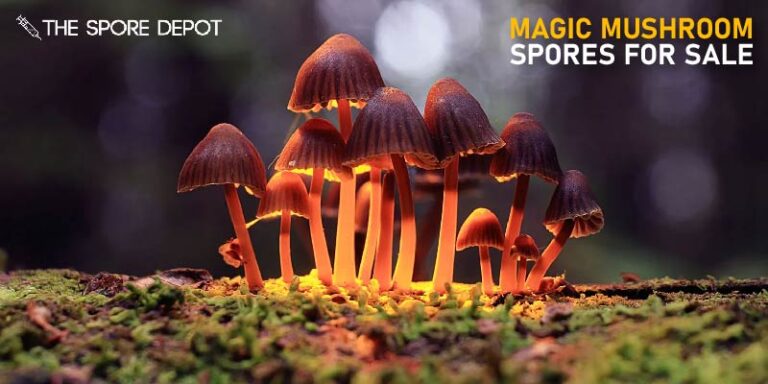


Curious about Magic Mushroom Spores?
You’re willing to grow your magical mushrooms, but those tiny
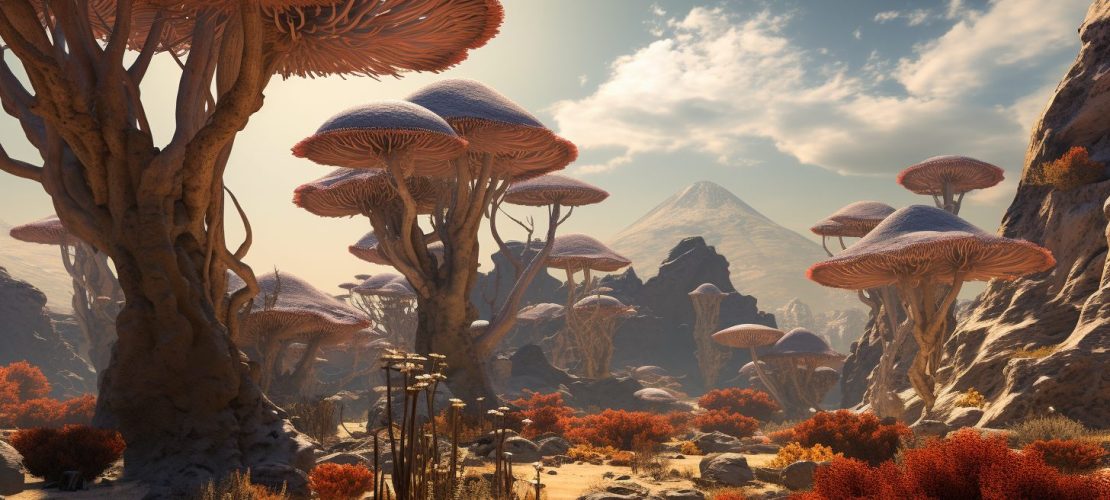


Psilocybe cubensis, commonly known as “magic mushrooms,” is a fascinating psychedelic species that has captured the curiosity of cultures and researchers alike. In this comprehensive article, we embark on a captivating exploration of the mushroom’s rich history, mind-altering effects, and the responsible approach to its therapeutic and recreational use. By delving deep into the scientific research and cultural significance, we aim to provide readers with a comprehensive understanding of Psilocybe cubensis and its profound impact on human consciousness.
The roots of Psilocybe cubensis stretch back to ancient civilizations in Mesoamerica, where they were revered as a sacred tool for religious ceremonies and shamanic practices. The Aztecs bestowed upon them the title of “teonanácatl” or “flesh of the gods.” These mystical fungi were used to commune with deities, gain spiritual insights, and heal the body and mind. The Mazatec people in Mexico have a long-standing tradition of using Psilocybe cubensis in their spiritual rituals, where they believe the mushrooms serve as a gateway to the divine.
Historical accounts from Spanish missionaries during the colonial period provide fascinating insights into the indigenous use of Psilocybe cubensis. The Spanish referred to these ceremonies as “veladas,” during which participants would consume the mushrooms under the guidance of experienced shamans. These practices were largely suppressed during colonization, but remnants of the mushroom’s cultural significance persisted among indigenous communities.
Today, modern research continues to unravel the cultural significance of Psilocybe cubensis in shaping the spiritual beliefs and practices of ancient civilizations. Scientists and anthropologists are working together to understand the historical context of psychedelic rituals and their implications for human spirituality and cognitive evolution.
The 1950s marked a milestone in understanding Psilocybe cubensis when the renowned Swiss chemist Albert Hofmann identified the active compounds psilocybin and psilocin within these mushrooms. This groundbreaking discovery unlocked a new era of psychedelic exploration, paving the way for a deeper understanding of their psychoactive properties.
The effects of Psilocybe cubensis can vary depending on dosage and an individual’s mindset. At lower doses, users may experience heightened perception of colors and patterns, along with a sense of euphoria and introspection. The mushroom’s ability to enhance sensory experiences can lead to a deeper connection with nature and an appreciation of art and music. Furthermore, individuals may report feelings of interconnectedness with the universe, fostering a profound sense of unity with all living beings.
With higher doses, the psychedelic journey becomes more intense, leading to profound hallucinations and altered perceptions of time and space. This altered state of consciousness can offer users an opportunity to confront deep-seated emotions, traumas, and aspects of their psyche. Many individuals describe these experiences as “ego-dissolution,” where the boundaries of self dissolve, fostering a sense of interconnectedness with the cosmos.
Throughout history, Psilocybe cubensis has been revered for its ability to induce mystical and transcendent experiences, often described as encounters with divinity or profound revelations. These transformative experiences have been at the core of shamanic practices and spiritual rituals for centuries.
The resurgence of interest in psychedelics has led to groundbreaking research on the therapeutic potential of Psilocybe cubensis. Studies have shown that psilocybin, the active compound in these mushrooms, can be effective in treating conditions like depression, anxiety, and PTSD. Its unique ability to alter brain function and enhance emotional processing makes it a promising tool for mental health treatment.
In therapeutic settings, psilocybin-assisted psychotherapy has shown promising results in guiding individuals through emotional healing and self-discovery. Under the guidance of trained therapists, patients can explore deep-seated emotions, gain new perspectives, and develop a sense of personal growth and resilience.
Beyond mental health, Psilocybe cubensis has also been used in spiritual practices and personal development. Many individuals view the psychedelic experience as a means to access higher states of consciousness, spiritual insights, and profound revelations about the nature of reality.
Research has also shown that psilocybin can enhance creativity and problem-solving abilities. In controlled settings, individuals have reported experiencing heightened levels of creativity and enhanced cognitive flexibility, allowing them to approach challenges from new perspectives.
The therapeutic benefits of Psilocybe cubensis extend beyond mental health and creativity. Studies have suggested that psilocybin can reduce symptoms of existential distress in patients with life-threatening illnesses, providing them with a sense of peace and acceptance in the face of mortality.
Despite the growing interest in their therapeutic benefits, the possession and use of Psilocybe cubensis mushrooms remain illegal increase the risk of adverse reactions.
In a recreational context, using Psilocybe cubensis in a supportive and safe environment can enhance the potential for positive experiences. Users are encouraged to have a trusted friend present who remains sober to provide assistance if needed.
Responsible use also includes knowing the source of the mushrooms. Foraging wild mushrooms can be dangerous, as some species closely resemble Psilocybe cubensis but are poisonous. To avoid accidental ingestion of toxic mushrooms, it is essential to purchase mushrooms from reputable sources or cultivate them under controlled conditions.
After a psychedelic experience, integration and aftercare are essential aspects of the process. Integrating the insights and emotions experienced during the journey into daily life can lead to lasting positive changes. For therapeutic users, sessions with trained therapists can provide guidance during the integration process.
Psychedelic experiences can be intense and emotionally charged, and individuals may need time to process and reflect on their experiences. Engaging in self-care practices, such as meditation, journaling, and spending time in nature, can support the integration process.
The cultural significance of Psilocybe cubensis and other psychedelic substances continues to evolve. As scientific interest in their therapeutic benefits grows, there is a reevaluation of the historical and cultural perspectives surrounding these mushrooms. Researchers are examining the implications of psychedelic rituals in ancient civilizations and how they shaped human spirituality and consciousness.
The future of psychedelic research looks promising. Increasing evidence suggests that Psilocybe cubensis and other psychedelics could play a role in addressing the global mental health crisis. Numerous clinical trials are underway to explore the efficacy of psilocybin-assisted psychotherapy in treating conditions like depression, anxiety, and PTSD.
While the potential therapeutic benefits are promising, continued research and responsible use are paramount. Ethical considerations regarding the cultural significance and indigenous use of Psilocybe cubensis must be addressed to ensure a respectful and inclusive approach to psychedelic research and therapy.
Psilocybe cubensis mushrooms, with their rich history and mind-altering effects, offer a profound window into the mysteries of human consciousness. From their ancient use in spiritual practices to the potential for transformative therapeutic experiences, these magical fungi continue to captivate the imagination of those seeking to explore the depths of the human mind.
While their therapeutic potential is exciting, responsible use and education remain essential to ensure safe and meaningful experiences. As our understanding of Psilocybe cubensis and other psychedelics deepens, we must approach their exploration with respect for cultural traditions, ethical considerations, and the potential for healing and personal growth.
The journey into the world of Psilocybe cubensis mushrooms is an ongoing exploration that invites us to examine our perceptions, question our assumptions, and unlock the mysteries of the human psyche. As the conversation around psychedelics evolves, we have an opportunity to approach these substances with openness, curiosity, and reverence for their potential to transform lives and contribute to a greater understanding of human consciousness.



You’re willing to grow your magical mushrooms, but those tiny
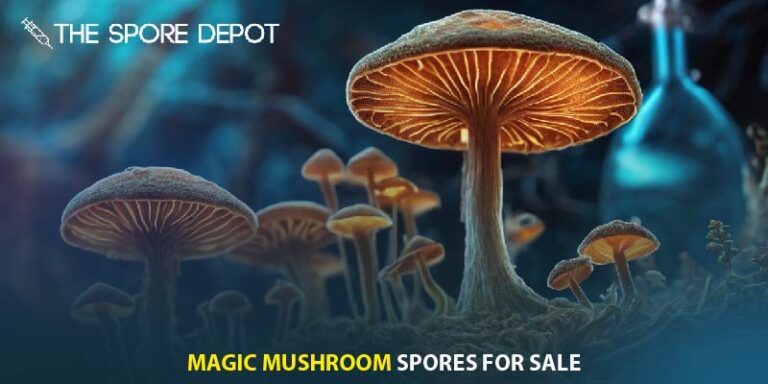


Magic mushrooms offer a plethora of research opportunities for those
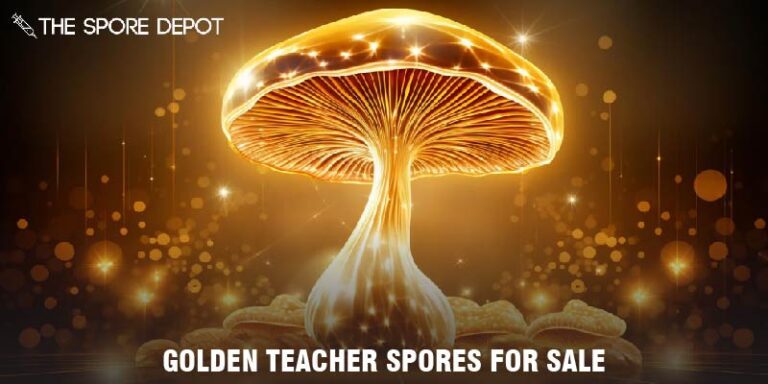


Golden Teacher spores refer to the reproductive cells of the
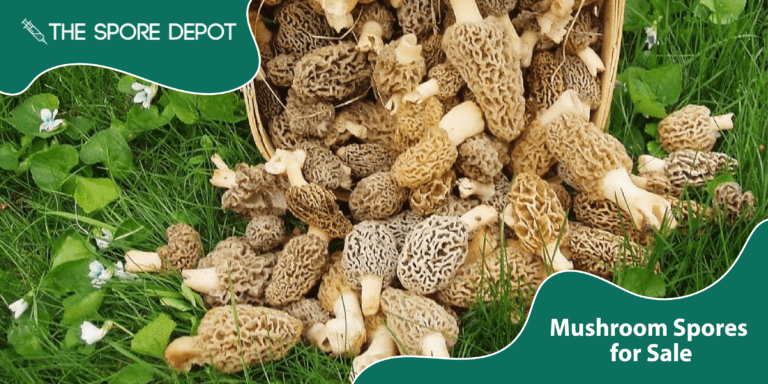


Mushrooms are not just used for culinary delight, they are
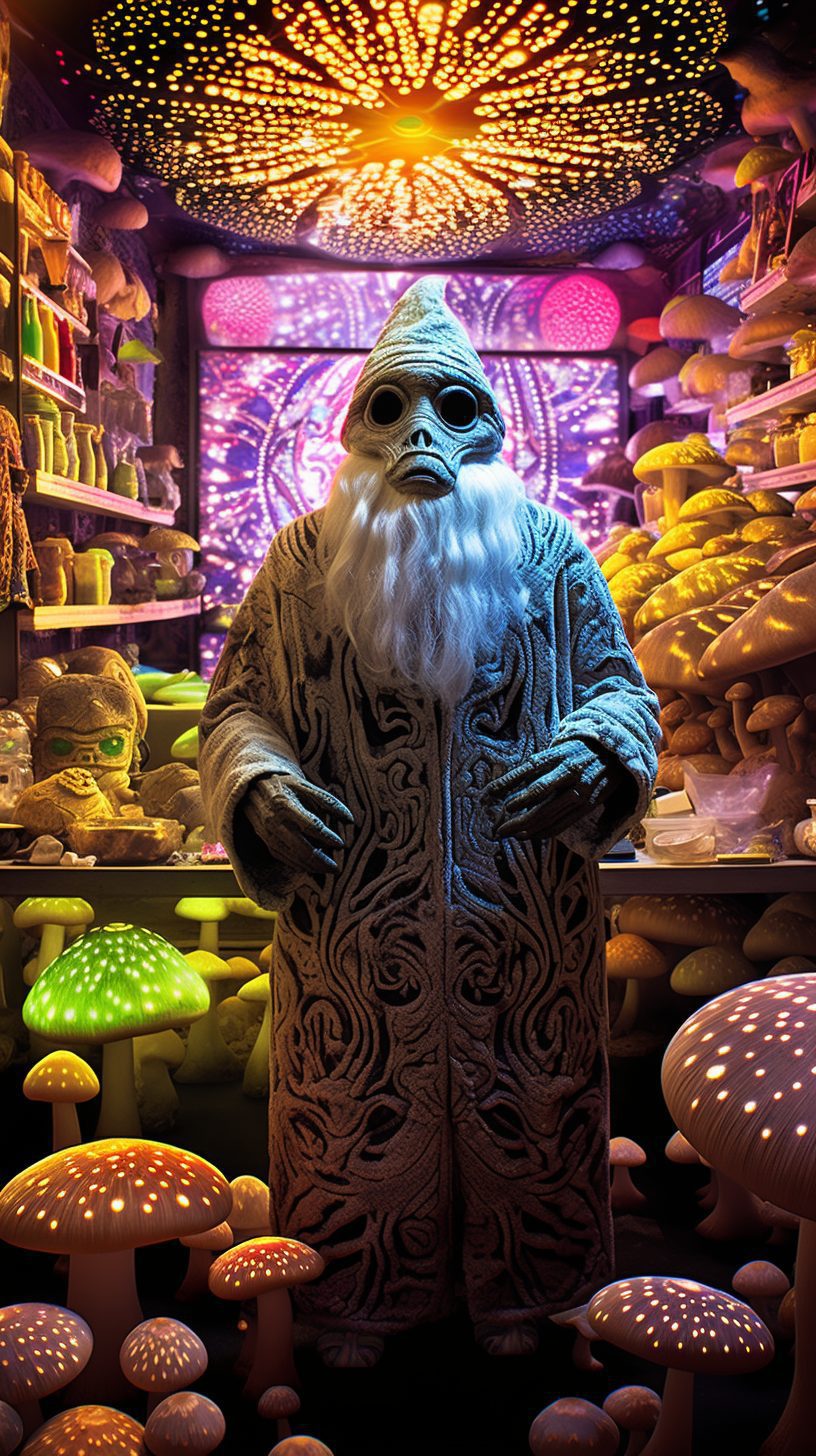


Stay updated with our newsletter for exclusive offers, insights, and the latest in psilocybe cubensis research.




At The Spore Depot, we are dedicated to providing the highest quality psilocybe cubensis mushroom spores for research purposes. With our extensive selection, strict quality standards, and exceptional customer service, we strive to support your journey into the microscopic world, ensuring your satisfaction every step of the way.